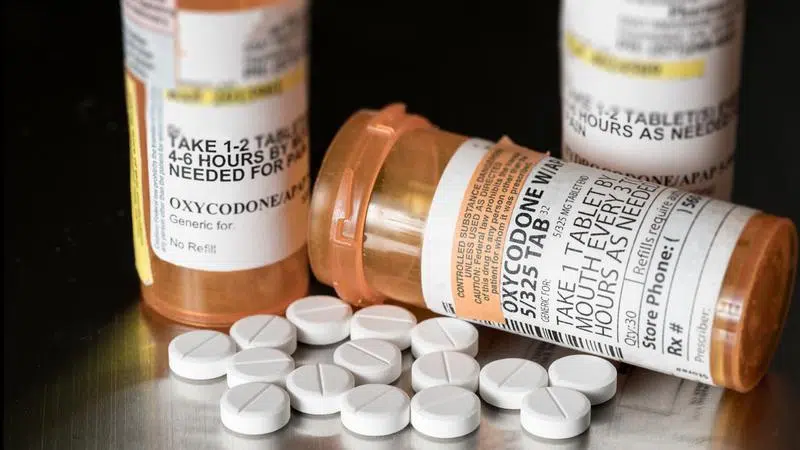
Multiple programs in place to help combat the opioid crisis in Grande Prairie
The City is hosting free Opioid crisis education sessions put on by the Grande Prairie Community Opioid Response Task Force. The sessions, planned for held on May 29 and June 10, are meant to educate and provide resources to community members that feel impacted by the crisis. Free Naloxone kit training is also available by HIV North every Monday through Friday.
The Community Opioid Response Task Force was constructed by Mayor Bill Given in December of 2017 to help combat the crisis in Grande Prairie. The Task Force coordinates community efforts in relation to resources and local needs. It is made up by RCMP, several municipal government departments, health care and school district representatives, and community members.
The first session on May 29 is focused on treatment, recovery and policing. Session two on June 10 will provide more information on prevention and harm reduction. Each session runs from 6:30 p.m. to 8:30 p.m. at the Rotary Community Room in the Montrose Cultural Centre.
